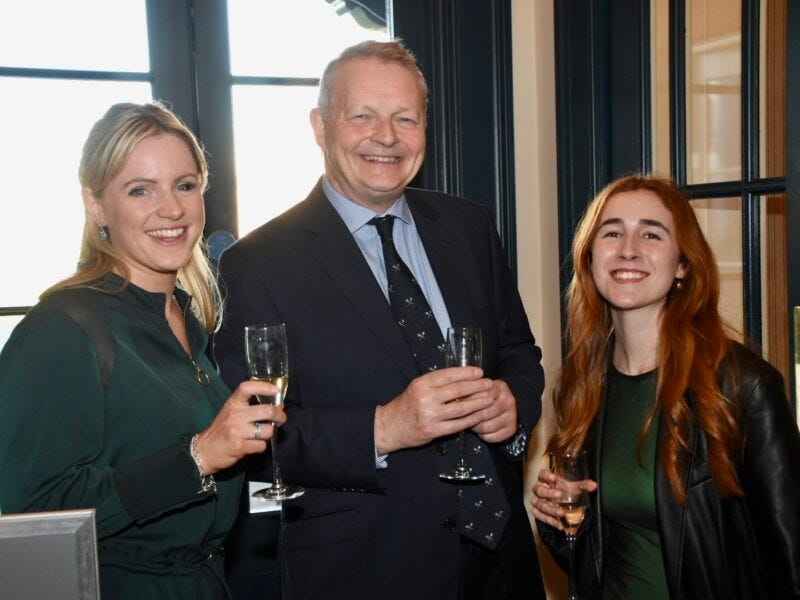Chris Davies to retire as T&RA CEO
Successor to be appointed by the new year and will face looming challenges
Chris Davies, the longtime CEO of the Tennis and Rackets Association (T&RA) has announced he will retire from his current role in an email circulated by the board chair Richard Compton-Burnett to the membership today.
“Chris has led the T&RA during a time of significant change, and there have been many notable successes during his tenure,” said Compton-Burnett, “He has worked extremely hard and with great determination. Although we face some real challenges, we have strong foundations for the future success of both games, and the Board is enormously grateful to Chris for his contribution over many years.”
A former naval commander, Davies steered the association safely through the COVID-19 pandemic, ensuring both the games of real tennis and rackets have emerged healthily from the biggest break in play since the war. More recently, he has helmed initiatives such as the Investing in Professionals (IiP) for real tennis, and Investing in Rackets Professionals (IiRP), aiming to increase the number and quality of professionals in both sports. He also ran a brand revitalisation full steam ahead for the association as well as overseeing the rollout of high-quality streaming across both games.
He has helped support court building, restoration and improvement projects at Wellington, Harrow, Queen’s and Moreton Morell. Meanwhile his steady hand on the tiller has ensured the little jobs get done in the background that get little attention, such as cutting ball cloth or mediating interpersonal disputes, all while ensuring that the association reached a shipshape financial position.
The T&RA board will now begin the search for a successor. The recruitment process is expected to continue until the end of the year, with a handover expected between the New Year and Easter.
Whomever takes on the role of CEO will have to deal with an ever-growing inbox. The first challenge will be to ensure that the association keeps pace with the developments in the US, especially regarding the support given to the US professionals with increased competition prize money, more competitive salaries and enhanced welfare programmes. Second is a looming demographic crisis in real tennis, with a large number of baby boomers ageing out of playing in the coming years, leaving a deficit of membership and activity behind. Finally, they will need to decide how best to use the amassed war chest to ensure the survival of both games against a number of external threats, ranging from structural and legal threats to infrastructure to competition from padel tennis and pickleball, to encouraging a new generation to take up playing at all levels from juniors through to world champions.
In the meantime, Davies will be able able to relax and enjoy his Thursday night rackets at his home club of Seacourt



